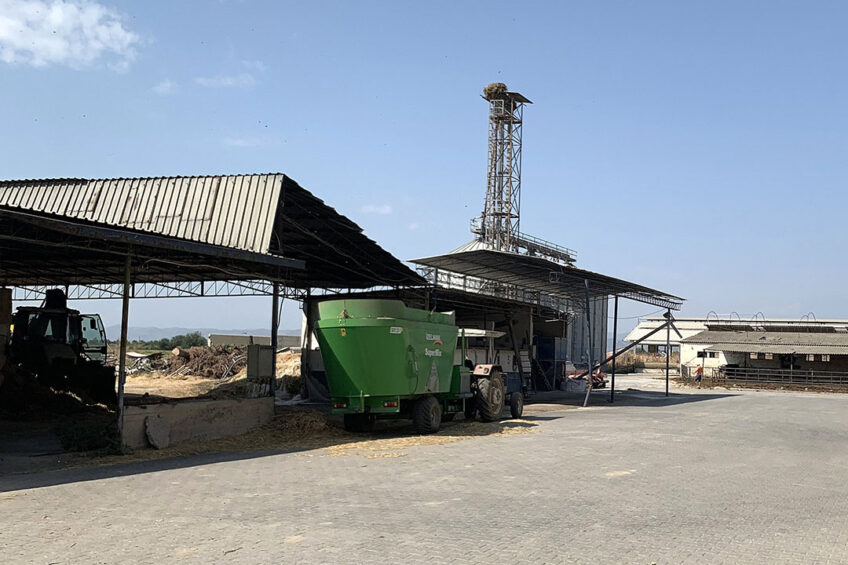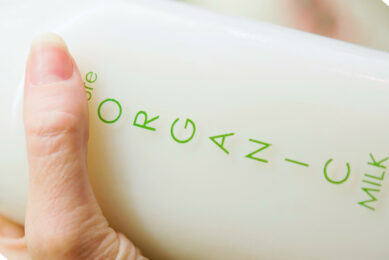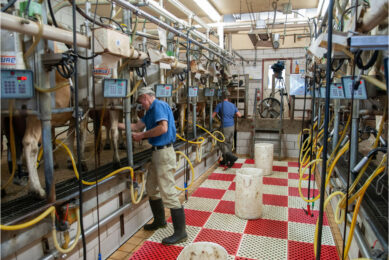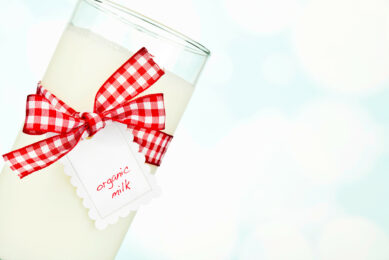Turkish dairy farms harmed by fluctuating currency

For Turkish dairy farmers, the fluctuating value of the local Lira currency has bumped up input costs and forced some into bankruptcy.
With these changes in currency, dairy farmers in this country find that 80% of their expenses are traded in euros and US dollars which means they are paying more as the Turkish Lira value continues to fall.

Although the Covid-19 pandemic has not really affected dairy farms directly, it has hit the Turkish economy, creating even more damage to the Lira, and bumping farm input costs up even more in the process.
However, for the long established Gurdal family farm, the key focus is on increasing production from their 350 cows farmed organically, but at the same time resisting any expansion temptation.
Emre Gurdal is the third generation of his family on the farm situated at Aydin Province in Turkey’s Aegean Region, and currently runs it together with his father Arif.
“Our farm is located in the western part of Turkey, close to a city called Aydın,” says Emre. “We’ve been dairying here for almost 60 years. My grandfather first established the dairy and then it passed to my father, with whom I am currently running the dairy farm with.
 PROFILE
PROFILE
Name: Emre Gurdal runs the family farm with his father Arif
Farm: Gurdal family farm, Aydin Province farms on 300 hectares of land
Dairy cows: 350 cows farmed organically with 450 followers and dry cows
Organic milk
“As far as we know the dairy started as a small one with 40 to 50 heifers and now it has grown to 350 cows with 450 followers and dry cows. We are farming around 300 hectares of land for our cattle.
“The cattle are all Holsteins, and the 350 cows are being milked 3 times a day. Because our dairy is producing organic milk, our average yield is a little lower than expected, around 32 litres per cow with 3.7% butterfat and 3.2% protein,” he adds. As the temperatures in this part of Turkey can top over 40°C the cows on Emre’s farm are mostly kept indoors but they do venture out occasionally.
Emre says: “We usually feed them indoors but during certain times of the year we let them graze outdoors. They are split into groups according to their yield and pregnancy status.
“There are 10 people working with the animals and 1 veterinarian. We have used AI for almost 30 years on our farm, which is also the first farm to try embryo transfer in Turkey,” he said.

Depending on the seasonal labour requirements there are up to 20 staff work on the farm with Emre and his father. The milk is sold to the local processor called Tire Dairy Cooperative that pays around 2.3 Turkish Lira (£0.22) (US$0.28) per litre for conventional milk.
The cows on Emre’s farm are milked in a DeLaval 10 aside fishbone parlour 3 times per day. Most of the feed for the cattle is grown on the farm but some is imported.
Happier cattle
Emre says, “We grow every single feed material in our own fields except for our protein sources like soybean meal and sunflower meal, which we buy in.
All the rations are prepared on the farm using the Feed Ration Balancer application on a computer and we mix the rations with a 12 cubic metre vertical mixer produced by a local company called İzelmak,” he adds.
Investing in the very latest technology gizmos is not a priority for Emre but buying more basic equipment that can help with the running of the herd is important.
“All these investments happened in the last 6 months as we are always trying to do our best to have happier cattle.”

“We are trying to invest in new technology as much as we can without going overboard. We just made a new deal for a new herd management system, SCR, to be able to better watch our animals and ensure they are always healthy and happy.
“Considering we are working in a considerably hot area, we also bought helicopter fans to keep the animals cool and reduce heat stress. Colostrum management is very important for our newborn calves and to help with that we started using a new colostrum pasteurisation device.
All these investments happened in the last 6 months as we are always trying to do our best to have happier cattle,” Emre says.
“The first and biggest problem of dairying here in Turkey right now is the exchange rate fluctuations.”

Future plans
When considering plans for the future Emre said the goal for the family is to increase animal welfare rather than increase cow numbers.
“We are not thinking about growing more. Because our farm’s past goes way back, we still have some renovation work to do to the buildings.
“The aim is to do those and improve the welfare for our cattle. After that, we will hopefully continue with a problem-free dairy.
“The first and biggest problem of dairying here in Turkey right now is the exchange rate fluctuations. Our Turkish Lira has lost most of its value in the recent years.
Almost 80% of our expenses are dependent on dollars or euros. This keeps raising our expenses without any change in our income. Most of the dairyman here have started to lose money, some of them are bankrupt already.”
“This Covid-19 pandemic has not affected the farm directly, but it affected the economy in Turkey in general, which caused even more currency fluctuations. Then in turn that has increased our costs again so that is how we have been affected by the pandemic,” says Emre.
Join 13,000+ subscribers
Subscribe to our newsletter to stay updated about all the need-to-know content in the dairy sector, two times a week.










